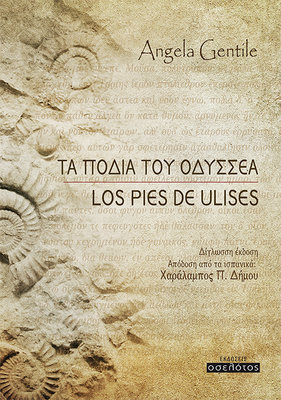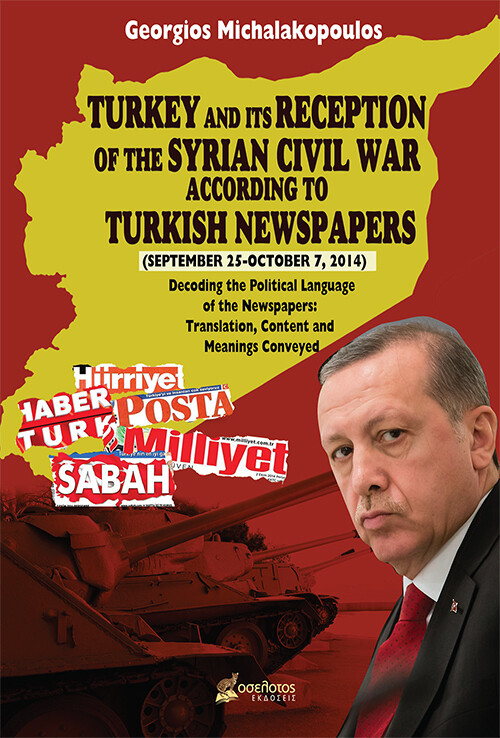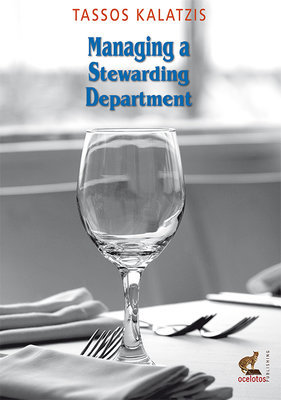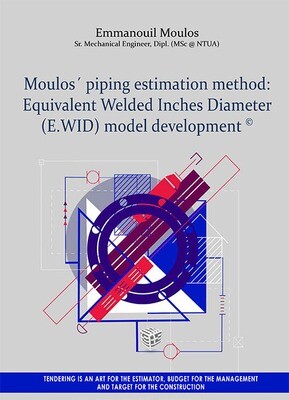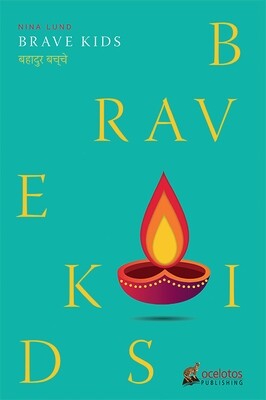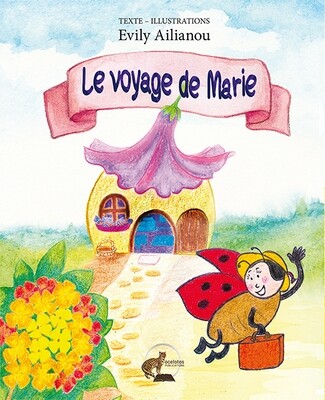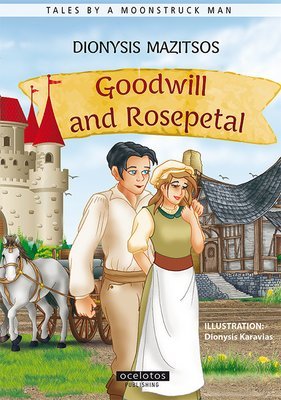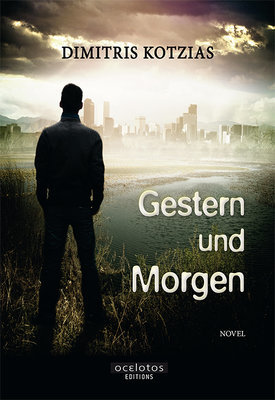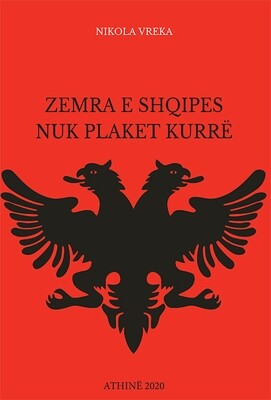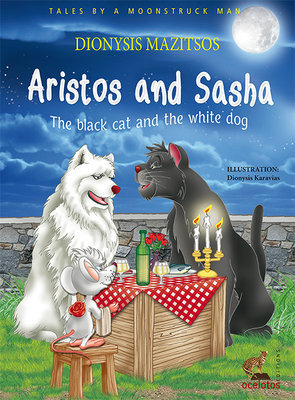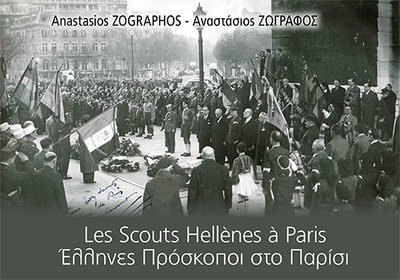
Turkey and its Reception of the Syrian Civil War according to Turkish Newspapers
Turkey and its Reception of the Syrian Civil War according to Turkish Newspapers
“Space and memory are maps on which these changes leave their traces”
“the ‘news’ link up with and support
the ‘continuity of survival’ instinct of the Turkish Republic…”
The above two sentences constitute the main arguments upon which the present research is based upon. More specifically, this book explores the use of newspapers by the Turkish state apparatus, and its “guardians”, as a means to propagate its (their) dominant ideology. Something that is accomplished via intangible tools such as the concealed meanings found behind newspaper headlines, front pages and news presentation.
In this way, the present study represents, above all, a “mental exercise” on finding, firstly, the best-suited academic concepts and methods within the discourse analysis area -broadly speaking- in order to validate how information (and ideology alike) is produced through newspaper headlines and their first pages and secondly, on deciphering the hidden meanings therein.
Monika Bednarek discussed on “emotional talk” and Teun van Dijk stressed that “facts are better represented and memorized if they involve and arouse strong emotions”. On the other part, Vijay Bhatia has written about the specific use of context related to a particular discourse community and Theo van Leeuwen offered interesting views on visual communication.
These are the concepts applied and used here, in conjunction to other very important ones, so as to establish that within Turkey emotions are constantly stimulated by the Press, and the media in general, and the citizens must abide unconsciously to the tenet that the “State survival” is everyone’s duty.
One characteristic feature of this policy involves the extensive use of red (the allusion to the ‘ay yıldız’, the Turkish flag), yellow (a visually ‘aggressive’ color used for warning) and black (used to denote serious events) colors while blue serves as a color for presenting “softer” news with a human-centered dimension.
As it is aptly argued a new model of polarization is present within Turkish society. Therefore, the need for stirring up national feelings and demonstrating the need to protect one’s country from the “Other” compels these two policies to cooperate perfectly well corresponding to a ‘unifying element’ arrangement.
It seems that the foreign policy followed by AKP towards its periphery has created a state-centered, religiously-shaped, neo-nationalistic approach, whose shocking consequences begin to be unveiled just now.
Few words about the author...
A graduate of the Department of Foreign Languages, Translation and Interpretation of the Ionian University and holds a Master’s and Doctorate Degree related to Middle East and Turkey issues.
His main working languages are English, French and Turkish.
For 15 months he was the coordinator of the “Sector for SE Mediterranean and Balkans” at the Institute of Defense Analysis of the Ministry of National Defense (September 2004-December 2005)
From November 1997 to June 1998, he was a researcher at the Institute of International Relations of Panteion University.
From January 2002 until August 2015, he was a member of the Laboratory of Geocultural Analysis of the Department of Foreign Languages, Translation and Interpretation.
Since 2015 he is the Director of the Laboratory “Language and Politics”.
In January 2004 he participated in the Fulbright American Studies institute on US National Security Program (“American Foreign Policy Formulation in an Era of Globalization”) held at the University of Delaware under the auspices of the US State Department.
His most recent presentations in international conferences include the following:
• “Evaluating the concept of ‘homeland ’as presented in Turkey’s dominant political discourse” [Title of the conference: “Language and Space”]
• “Analysis of the texts related to the coup of 15 July 2016 in Turkey through their political-ideological point of view” (in English) [conference title: “Words as a Battlefield: Persuasion in Contemporary Political and Media Discourse”]
The most recent contribution to the scientific collective volume of Turkish Historical Review (Brill) is his article “The narration of poetry by a leader as a means to combine History with politics and ideology: Erdoğan and the promotion of AKP’s policy formula”.
He has given lectures on topics of his specialty among which the following are the most indicative:
• “Identification and Analysis of Specific Social Potentials and their Interconnection with Foreign Policy Making”,
• “Turkey is ‘growing up’: AKP’s Society and Modern Islam and Consequent behavior”,
• “The Fall of Constantinople as a ‘mirror’ of the personality of the Turks”,
He has also written articles on issues related to Turkey and its developments in the field of politics, society and international relations:
• “Turkey in search of a ‘new image’ - Public and Cultural Diplomacy in an Age of Global Reconstruction”,
• “The ‘pawns’ are being set up for the new political scene in Turkey: Meral vs. Tayyip”,
• “Another look at the November 1 elections in Turkey: A superficial stability”,
• “The Tsipras-Erdogan Meeting: Overt and hidden messages”
• “Local elections in Turkey: An objective look at Erdogan’s ‘defeat’”
• “What will be the post-Erdogan era in Turkey?”
His most recent books comprise: “Under the Water Line - Approaching A Turkey We Do Not Know” (2nd ed., 2021, in Greek), “The Spirit Against Darkness - Bilge Karasu’s ‘Night’” (in Greek), “The Journey of Bilge Karasu in places of self-awareness-Linguistic, conceptual and translational commentaries on his novel ‘The Night of a Day that lasted long’” (in Greek).
He served twice as Head of the Department of Foreign Languages, Translation and Interpretation (D.F.L.T.I, 2014-2018), he is the Director of the Laboratory “Language and Politics”, he has taught in Postgraduate Programs with the most recent being the Postgraduate Program of D.F.L.T.I.’s “Politics, Language and Intercultural Communication” where he teaches “Analysis of Political Discourse in Turkey”.
During the academic year 2020-21 he was the Scientific Supervisor for the Training Program “Understanding Turkey through Elements of Language, Culture and Society”. The present academic year is the Scientific Supervisor of the Training Program “The Media Structure and Dynamics in Turkey: A Relationship of Love and Hate with Power” (both Programs through the Center for Life-Long Learning of Ionian University).
He teaches, among others, the following subjects: “Turkey: Culture and Society”, “Turkey: Language, Culture and Society”, “History of Turkish Literature”, “Contemporary Turkish Literature”.
